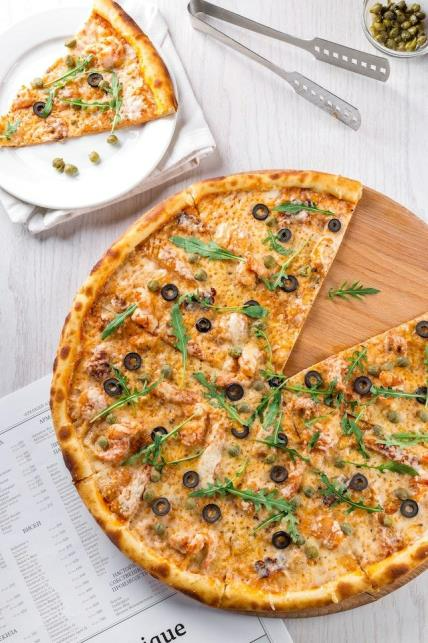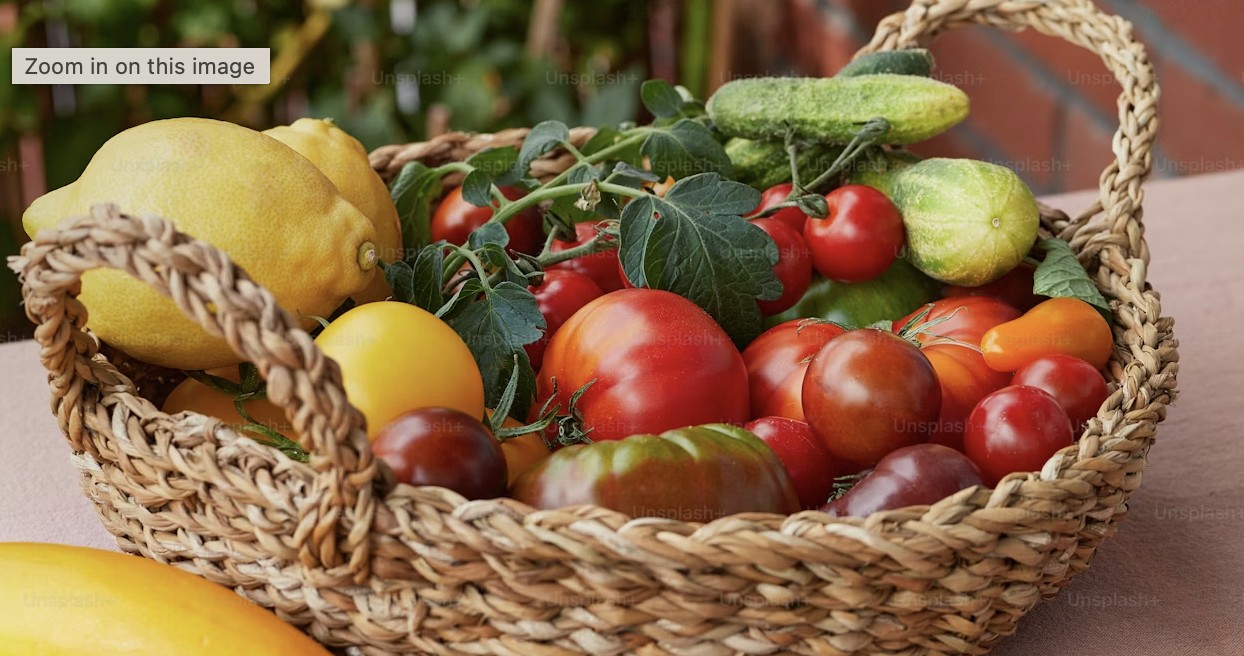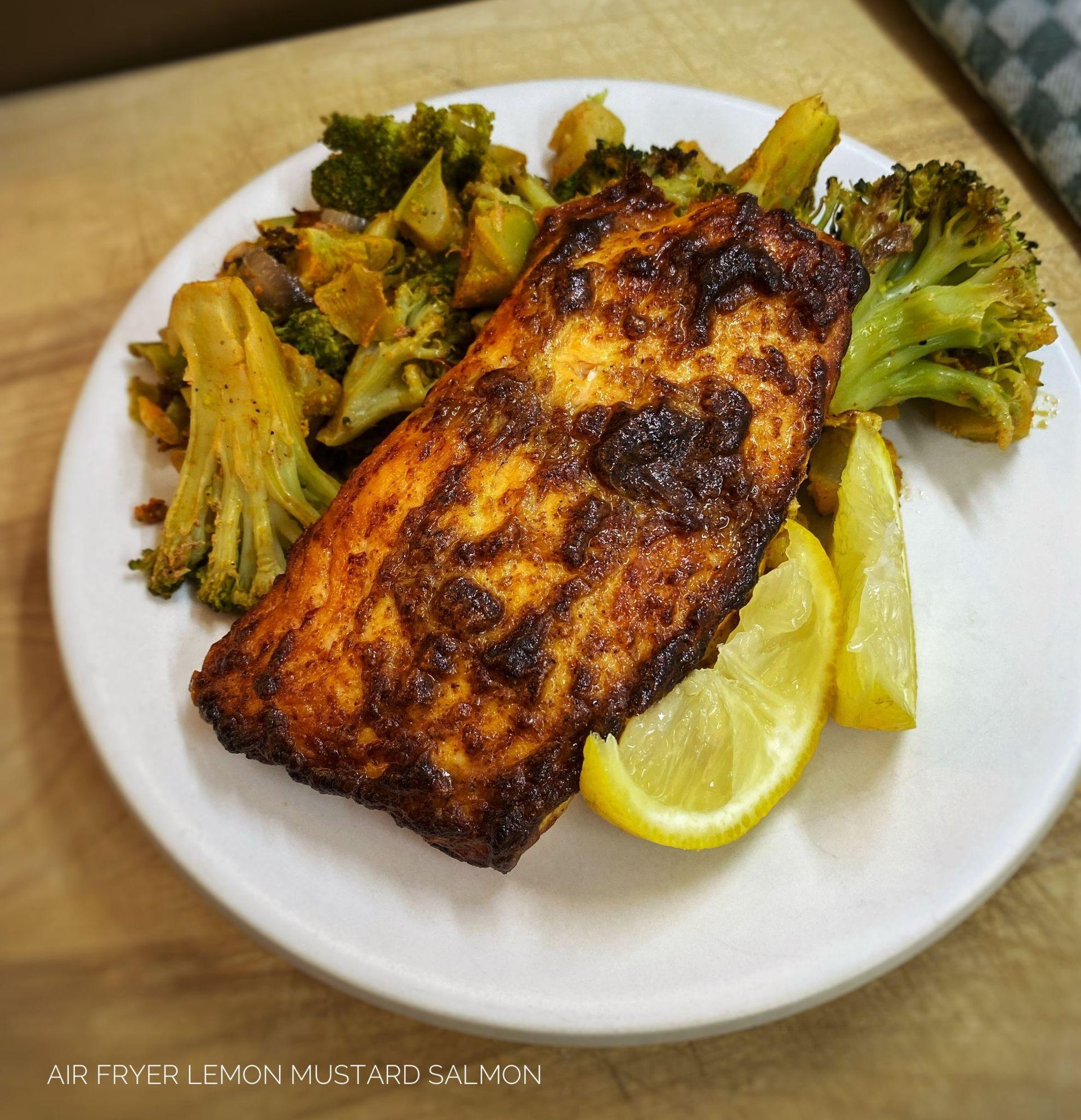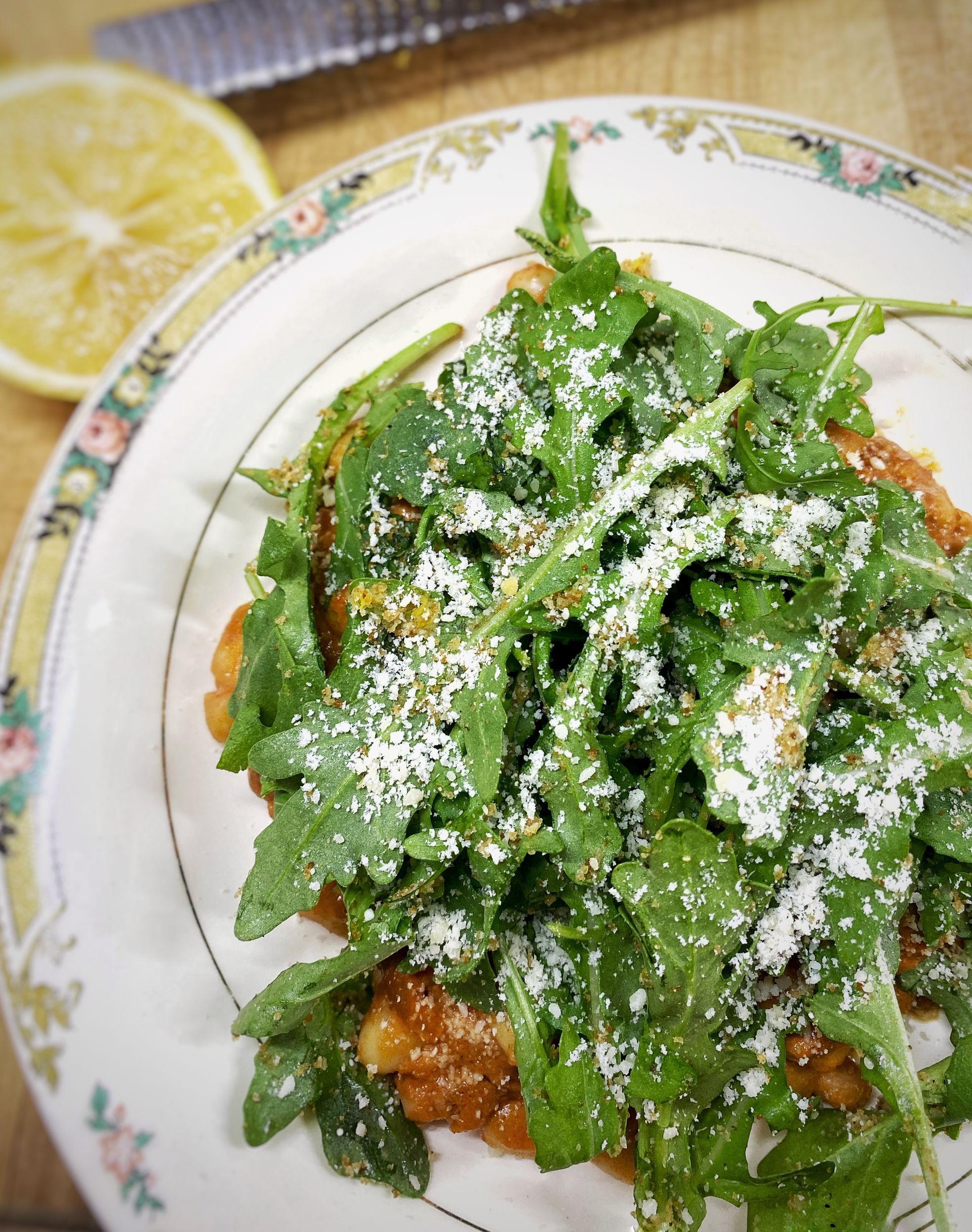How We Talk About Food

When you think about the last meal you ate, what words would you use to describe it? Was it tasty? Colorful? Crunchy? Good? Bad? Are the words you chose descriptors of the foods themselves or do they describe how you felt about the meal?
When we talk about the foods we eat, the words we choose influence how we feel about our food choices, and for anyone who might be listening (ex. kids), it influences their thoughts too.
It is common to describe foods in good/bad terms because that is often how they are presented in society. “X food is unhealthy and bad for your health” or “Y food is a superfood and is amazing for you.” What is missing from these descriptions, however, is nuance.
Any individual food is not inherently good or inherently bad. Chips aren’t committing crimes; salads aren’t superheroes. I always say that all foods fit in a healthful diet and I truly believe that. A single food does not have the power to dictate your health, your worth, or the quality of your eating pattern. Different foods prove different nutrients. This makes them different, not better/worse. When we describe foods as good or bad, we assign morality to those foods and when we consume those foods, we become those things too.
The incurred emotion we feel when we eat “good” or “bad” food can be damaging to our relationship with food. Labeling foods as “good” can make us feel powerful and in control, but it can also make us feel compelled to eat foods we do not like or purchase foods outside our budget. More damaging can be when we label foods as “bad.” This label can make us feel shame and weak for making food choices that might be part of a celebration, a treat, or simply a flavor we enjoy. This shame might lead to avoidant behavior and fear around food. Fear around food is damaging. We might cut out these foods for the purpose of health, but studies have shown that restricting certain foods or food groups leads to overconsumption of those foods later.
So how can we talk about foods in a more neutral way? We can focus on the qualities of the foods we are consuming. Cool, refreshing, tangy, spicy, sweet, cruncy, creamy, satisfying, and filling are all terms that focus on the characteristics of foods without adding a layer of morality.
Does nutrition matter in food choices? Absolutely. Does choosing carrots over cake make you a better person? Nope. Food is more than nourishment and including foods without guilt or moral hierarchy can be really beneficial to your relationship with food.
Not sure how the words you are using are affecting your relationship with food? Reach out to us; we’d love to help! (785) 560-2566 or rdn@manhattannutritionclinic.com












